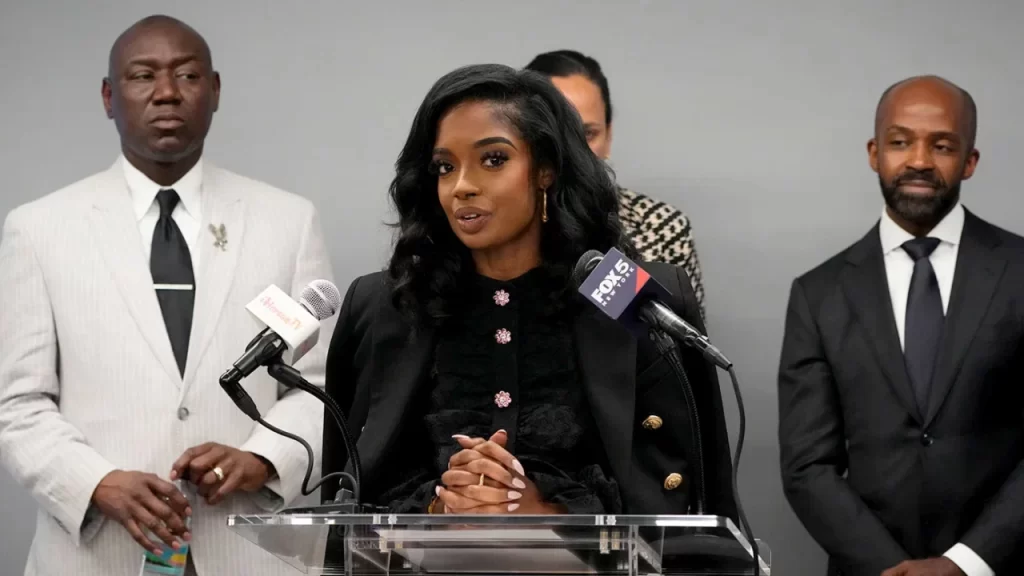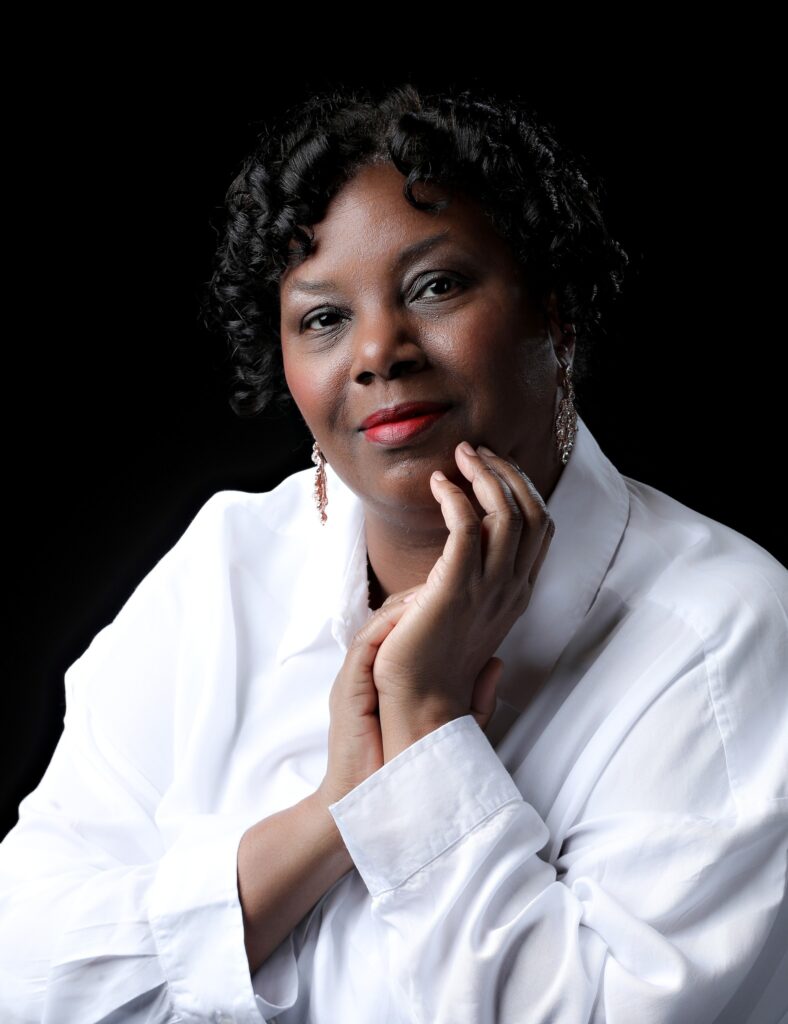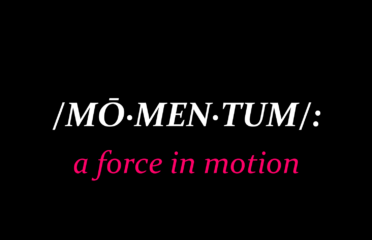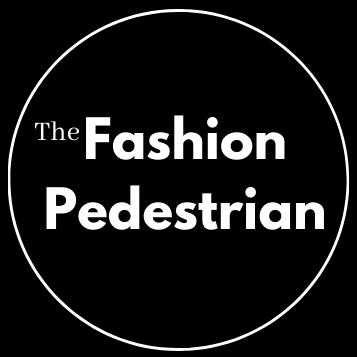The 11th Circuit Courts Decided to Come for Black Women's Businesses!

Today, a temporary law was enacted, aimed at temporarily halting Black Women’s businesses from assisting other Black Women’s Businesses. This decision was prompted by the actions of a right-wing group known as the American Alliance for Equal Rights. This alliance has contended that the grant violates Section 1981 of the U.S. Code, which guarantees equal rights to all individuals for entering into and enforcing contracts within the United States, without any form of bias or racial discrimination.
After undergoing proceedings in the lower courts and prevailing initially, the case was subsequently appealed and brought before the 11th Circuit Court. In their ruling, Judges Luck and Brasher rejected the aforementioned argument in their written decision. Stating “Although the First Amendment protects the defendants’ right to promote beliefs about race, it does not give the defendants the right to exclude persons from a contractual regime based on their race.”
What does this mean for Black American Women who had high hopes for the Fearless Strivers Grant Contest, which was created to support the entrepreneurial aspirations of Black women in business development? Additionally, it’s worth noting that for generations, white individuals, groups, and organizations have engaged in practices similar to what the Fearless Strivers Grant Contest is currently doing, albeit under a different name – “REDLINING.” Despite being illegal, such practices continue to persist in the country, with relatively little concern from many white Americans. So, why is there suddenly so much concern from them about this organization assisting Black women?
The Fashion Pedestrian
If you're ready for a transformation book the Fashion Pedestrian!
The Fearful Facts Concerning this Lawsuit
Since 1865 when black people were granted freedom from slavery, there has always been another back story in place to keep black people from succeeding in this country. It started with the Black Codes of 1865. These codes were laws put in place to stop black people from prospering in the United States. During this time, certain states imposed restrictions on the types of property that Black individuals could possess. Meanwhile, nearly all of the states formerly part of the Confederacy enacted stringent vagrancy and labor contract regulations, along with what were termed “anti-enticement” laws aimed at penalizing anyone who offered higher wages to a Black laborer already bound by a contract. Moreover, under this legislation, if a white individual believed that a Black person was achieving success or had acquired more than they deemed appropriate, they would establish legal mechanisms enabling them to confiscate or ruin the possessions of that Black individual. This is why the year 1919, during the Red Summer, was one of the most devastating periods for Black people to endure. Right now, in the United States, there is a war going on and most black people are oblivious to it. But it’s time for us to wake up and see the writing on the wall.
In the United States, white Americans have begun to recognize the significant progress our community has achieved. It was previously unimaginable to many white individuals that Black business owners could effectively support the success of other Black-owned businesses. Furthermore, they never anticipated that Black individuals could attain accomplishments similar to what they themselves have achieved and establish exclusive spaces. Hence, there is a deep-seated apprehension that if we, as a community representing only 13.6% of society’s population, can attain comparable financial success to those constituting 69% of the population, we will ultimately surpass them economically. When Black people do something that makes them self-sufficient and not need to accept hand-outs, we take the power away from the givers of the handouts.

Black People Have Been Denied & Now that We Can Help Ourselves That's Being Challenged.
Black people, as a collective, have faced pervasive denials in various aspects of life, ranging from access to nutritious food to employment opportunities. Despite the existence of laws proclaiming our freedom and equal rights on par with everyone else, the undeniable truth is that we continue to experience significant disparities and obstacles that challenge the realization of these rights.
To provide some proof of this reality, we can consider multiple sources of evidence, including:
Economic Disparities: Studies consistently show substantial wage gaps between Black individuals and their white counterparts. Data from the Bureau of Labor Statistics reveals that, on average, Black workers earn less than white workers with similar qualifications and experience.
Educational Inequities: The education system exhibits disparities in terms of funding, resources, and disciplinary actions, disproportionately affecting Black students. This results in lower educational attainment and fewer opportunities for advancement.
Criminal Justice System: The criminal justice system in the United States has faced extensive scrutiny for racial bias. Black individuals are disproportionately arrested, convicted, and sentenced to longer prison terms compared to white individuals for similar offenses.
Healthcare Disparities: Black Americans often have reduced access to quality healthcare, leading to disparities in health outcomes. This has been notably highlighted during the COVID-19 pandemic, with Black communities experiencing higher infection and mortality rates.
Housing Discrimination: Discriminatory practices in housing, including redlining and unequal lending practices, have limited Black Americans’ access to safe and affordable housing, perpetuating residential segregation.
Voter Suppression: Efforts to suppress Black voters’ access to the ballot box, including voter ID laws and gerrymandering, have raised concerns about unequal political representation.
Environmental Injustice: Black communities frequently face a disproportionate burden of environmental hazards and pollution, contributing to health disparities and lower overall quality of life.
These examples demonstrate that despite legal advancements and protections, systemic racism and inequality persist in various aspects of Black Americans’ lives, underscoring the need for ongoing efforts to address and rectify these disparities.
As we continue to support one another in business development, there is a concern that our success will be substantial. This trend can be observed in the realm of cryptocurrency, and housing, and now, it is also evident in the sphere of business development. When do we learn how to play the game so we can say EVERYONE is included, but not really just like they do?

by Katrice Johnson
I’m a graphic designer and web designer. I am also the author of three books and working on my fourth now.
For more information about me and how I can help you with your business, please go to my website Graphic Grooves Consulting






